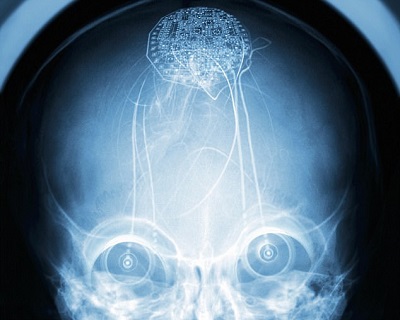Scientists have developed a groundbreaking brain implant that can boost human memory.
In recent years, studies have shown that so-called ‘memory prostheses’ can be used to improve memory in rodents and primates, helping them to perform better on cognitive tasks according to Daily mail.
Now, researchers have shown for the first time that the technique can enhance human memory, too, by mimicking processes that occur naturally in the brain.
The new study, found that stimulating a region in the brain responsible for learning and memory can improve performance on memory tasks by up to 30 percent.
Researchers recruited 20 volunteers who were undergoing epilepsy monitoring, in which they were fitted with electrodes targeting the brain’s hippocampus.
Subjects were first asked to participate in a training session, where they were given visual delayed-match-to-sample (DMS) tasks.
Each participant was shown images in a sample presentation, and later had to recall the images during a match phase up to 75 seconds later.
The researchers then modeled the neural recordings from the training session to pinpoint the regions likely activated during the task.
Then, in a second session, the researchers used the implant to stimulate the subjects’ brains with micro-electric shocks based on the model.
We are writing the neural code to enhance memory function,’ Dong Song said.
‘This has never been done before.’
In the trials, the technique was found to improve performance by as much as 30 percent.
While prior research has shown similar methods to enhance memory in some mammals, the researchers say it’s the first time it’s been demonstrated in humans.
‘These studies have yielded a prosthetic system that restored DMS task-related memory in rodents and nonhuman primates, and is now extended to successful memory facilitation in humans,’ the authors wrote in an abstract detailing their presentation.
The work has implications for the treatment of memory disorders, suggesting that stimulating the brain based on patterns in a healthy brain could help to improve function.
And, it could pave the way for memory-enhancing prosthetics.
‘Cognitive task performance on MIMO stimulated trials was compared with non-stimulated and random pattern stimulated trials,’ according to the researchers.
‘MIMO stimulation resulted in a 15-25% improvement in DMS task performance in five patients, demonstrating successful implementation of a new neural prosthetic system for the restoration of damaged human memory.’
N.H.Kh

